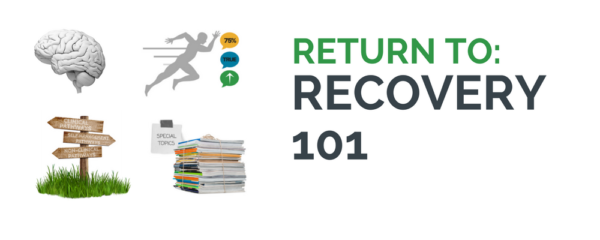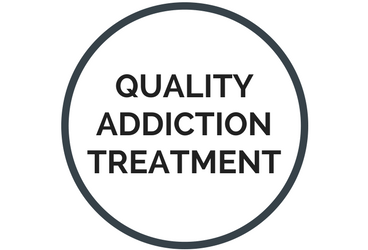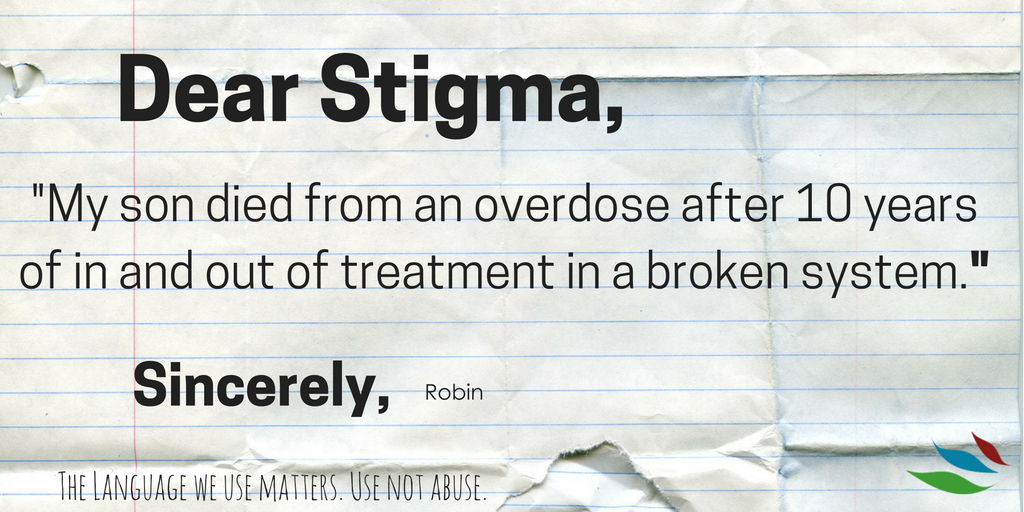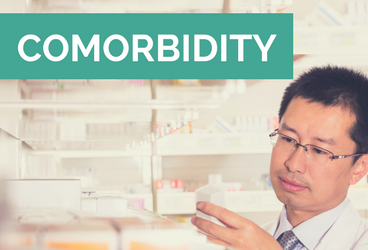According to the Substance Abuse and Mental Health Administration (SAMHSA), the detoxification process consists of three essential components:
- Evaluation
- Stabilization
- Fostering patient readiness for and entry into treatment
Detoxification is a broad term, for a process that can include various levels of medical involvement, and take place in a number of medical and non-medical settings.
THE LENGTH & SEVERITY OF WITHDRAWAL IS AFFECTED BY:
- Length of substance use
- Primary substance
- Route of substance use (e.g., oral, injection, smoked)
- Substance amount and tolerance
- Family history
- Co-occurring medical or mental health disorders
WITHDRAWAL SYMPTOMS MAY INCLUDE:
- Anxiety, panic attacks
- Depression
- Hallucinations
- Changes in heart rate and blood pressure
- Shakiness, tremors
- Problems sleeping
- Loss of appetite
- Irritability, mood swings
- Tension
- Trouble concentrating
- Nausea, vomiting
DELIRIUM TREMENS
This severe and debilitating medical condition occurs among individuals with severe alcohol use disorder. It typically begins 24 hours or longer following acute cessation of alcohol and is a life-threatening form of alcohol withdrawal involving sudden & severe changes in the mental and nervous system. These changes can cause severe mental confusion and hallucinations.
TYPES OF DETOX PROGRAMS
MEDICAL DETOX
The medical process focused on treating the physical effects of withdrawal from substance use and comfortably achieving metabolic stabilization. A whole range of medications may be used to manage the symptoms of withdrawal depending on the type of substance and severity of symptoms.
SOCIAL DETOX
While it is important to always consult with a licensed healthcare professional, many substance use disorders, for example with stimulants (e.g. cocaine), in general may not have any medications to assist with withdrawal and these types of withdrawal are not life-threatening. In such cases, patients may choose social detoxification programs, where the emphasis is on peer and social support for patients whose withdrawal symptoms require 24-hour structure and support from staff, but do not require medically managed inpatient detoxification.









